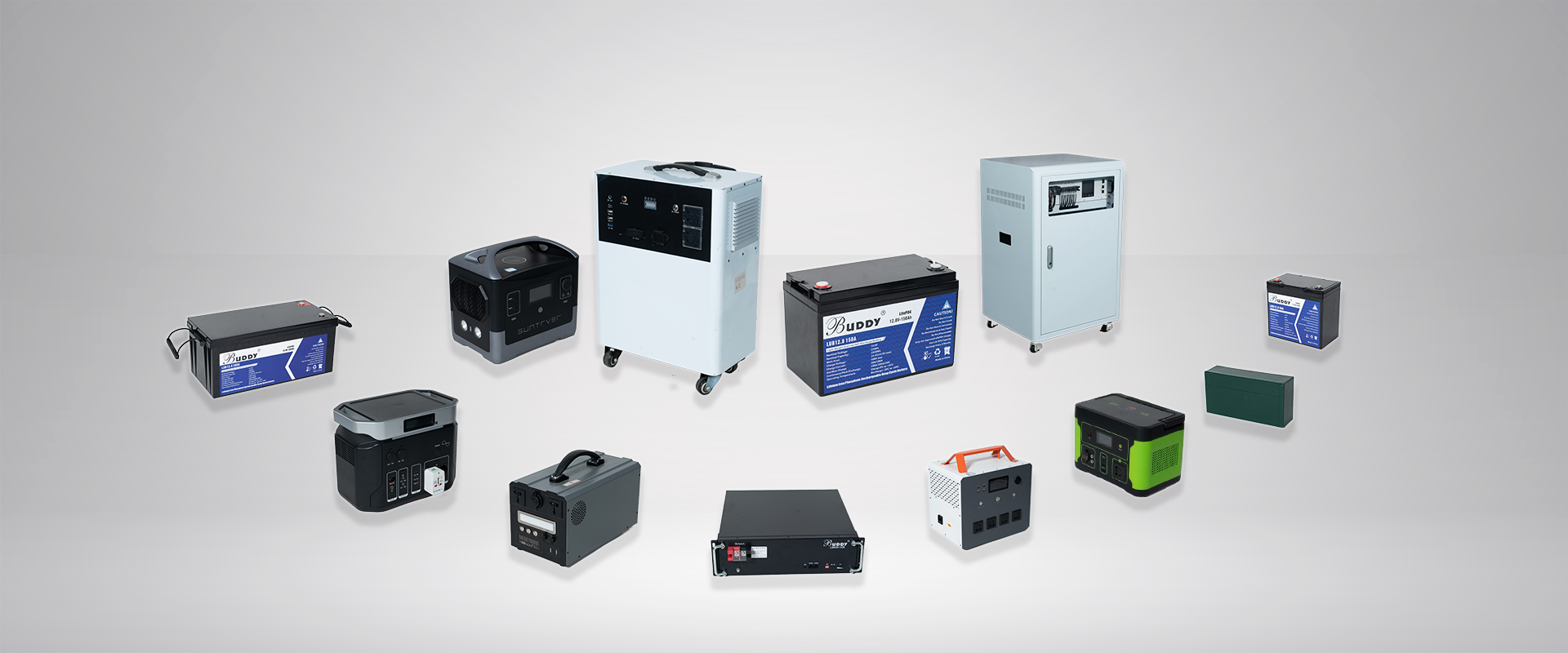When you think about your home energy storage options, you'll find a variety of battery types to choose from. This article will focus on comparing two types of batteries that are widely used with solar systems: lithium-ion batteries and lead-acid batteries. The two batteries are not only different in the composition of raw materials, the main differences between them are also reflected in cost and performance. Typically, lead-acid batteries get attention for their lower cost, while lithium-ion batteries are favored for their superior performance and higher efficiency.
Although lead-acid batteries may be more economical in initial purchase and installation, the high lifetime of lithium-ion batteries brings additional value. Below, we will detail other key characteristics of each battery type and explore why these factors can improve the overall cost performance of a lithium-ion battery system.

household energy storage battery technology in the solution is brought to the attention of the solar energy users. Among the many battery chemical varieties, lithium-ion and lead-acid batteries occupy the dominant position. Lithium-ion batteries are named for their lightweight lithium metal material, while lead-acid batteries are made of the heavy metal lead.
the working mechanisms of lithium ion battery and lead acid battery:
both batteries depend on electrochemical reaction to store and release energy. Specifically, they do this by transferring charge to an electrode and releasing electrons when needed. Lithium-ion batteries transfer lithium ions between electrodes to store and release energy, while lead-acid batteries use different chemicals for the same energy storage and release process.
these chemical differences between the performance and cost difference. While both lithium-ion and lead-acid batteries are effective storage solutions, their comparison in key categories is as follows:
in most cases, the lithium ion battery technology is better than that of lead-acid battery, because it has the characteristics such as reliability and efficiency. However, for small off-grid storage systems that are used infrequently, less expensive lead-acid batteries may be a better choice.
lithium ion battery and lead acid battery is the difference?
Although both lithium-ion and lead-acid batteries are efficient at storing electrical energy, they have their own advantages and disadvantages. In choosing the right cell type, the comparison of several key points need to be considered:
cost considerations
in terms of cost, lead-acid batteries usually have an advantage. They can cost hundreds or even thousands of dollars less than lithium-ion batteries of the same size. Currently, the cost of lithium-ion batteries ranges from approximately $5,000 to $15,000, including installation costs, and this price may vary depending on the size of the system.
battery performance parameters of the
of the battery capacity is a key measure of its energy storage capacity index, that is, how much batteries that store energy that is released when needed. Lithium-ion battery technology is known for its high energy density, which means that for the same volume or weight, lithium-ion batteries can store more energy. This feature makes lithium-ion batteries more efficient at providing power and can power electrical devices for longer periods of time.
the battery discharge depth
is an important performance index, it means the battery can be safely discharge to a certain percentage of its total capacity without damage. Lithium-ion batteries can withstand a higher depth of discharge, usually up to more than 85%, while lead-acid batteries should not exceed 50%, otherwise it may shorten their service life. The high discharge depth characteristics of lithium-ion batteries, combined with their high energy density, make their actual usable capacity exceed that of lead-acid batteries.
the efficiency of the battery
refers to in the process of charging and discharging to the energy conversion and utilization ratio. The efficiency of lithium-ion batteries is generally high, generally 95% or more, which means that more energy can be used efficiently from the battery. In contrast, lead-acid batteries have efficiencies of about 80 to 85 percent. High efficiency not only means faster charging speeds, but also higher actual battery capacity.
battery life
refers to the battery can charge and cycle times, until the performance dropped significantly. The cycle life of lithium-ion batteries is usually many times that of lead-acid batteries, which makes lithium-ion batteries more efficient and durable in long-term use. Batteries degrade over time, but as technology has improved, lithium-ion batteries have shown better stability in maintaining performance.